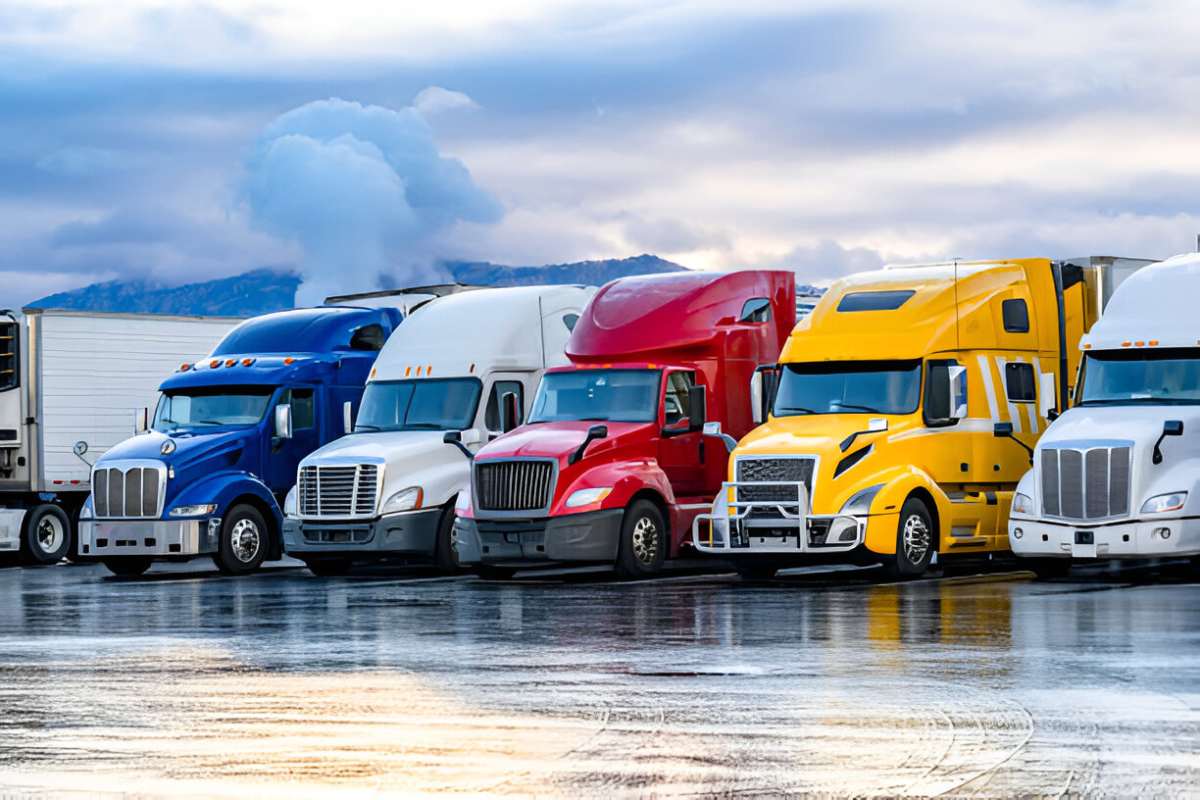Trucks move over 70% of all domestic freight in the U.S., the International Road Transport Union reveals. As the trucking industry is essential to the health of the country’s supply chain, it shouldn’t be a surprise that truck fleet businesses are highly profitable: the average trucking company makes $610,000 in profits per year. So, if you want to launch your own truck fleet, it’s important to plan carefully to cover all your bases. Choose a niche for your business, invest in a fuel-efficient fleet, and get the right licenses — and you’ll be well on the road to long-term success.
Niche down to attract clients
Although you could cater to a wide range of companies in need of freight services, you’ll more easily attract clients — especially as a new business — if you choose to operate within a narrow niche. So, identify an area to specialize in, and become an expert in it. For example, you could primarily transport specialized loads like pharmaceutical goods or food. These products often require temperature-controlled transport, so you should understand how to provide that. A good way to find a profitable niche is to research local businesses who require freight transportation services — what products do they primarily handle? This allows you to identify potential clients and impress them with your specialized knowledge on how best to transport their goods.
Build a fuel-efficient fleet
You should also choose the right trucks to build a fleet able to handle the needs of your business. In particular, fuel efficiency is vital to help keep fuel costs — the biggest expenses for fleets — to a minimum. For pickup trucks, for example, anything with a fuel efficiency of around 20-25 miles-per-gallon is considered good. Even the latest mid- and full-size trucks are designed to reduce fuel consumption, so you can still benefit from fuel efficiency combined with ample hauling capacities if that’s what you need.
Also, consider weight capacity — how much do the goods you intend to transport weigh on average, and what truck weight capacity is enough to handle that amount. Generally, light-duty trucks have a gross vehicle weight rating of up to 10,000 pounds, whereas heavy-duty trucks have a gross limit of 26,000 pounds. Either way, you don’t want to overload your trucks as this damages them and can also add points to your license if you’re caught.
Get licensed
You’ll also need to get the right licenses and registrations, although the exact ones required depend on your location, so do your due diligence here. Firstly, you’ll need a commercial driver’s license as required by federal law. Your drivers should also have valid licenses. On top of this, you’ll also need to register for a USDOT number. This is a unique identifier all businesses who haul interstate cargo legally must keep displayed in their vehicles. The Federal Motor Carrier Safety Administration uses this number to conduct audits and investigations.
Starting your own trucking fleet can be a lucrative and enjoyable career move. As long as you plan your launch carefully, you’ll set your new business up for the best chances of long-term success.


